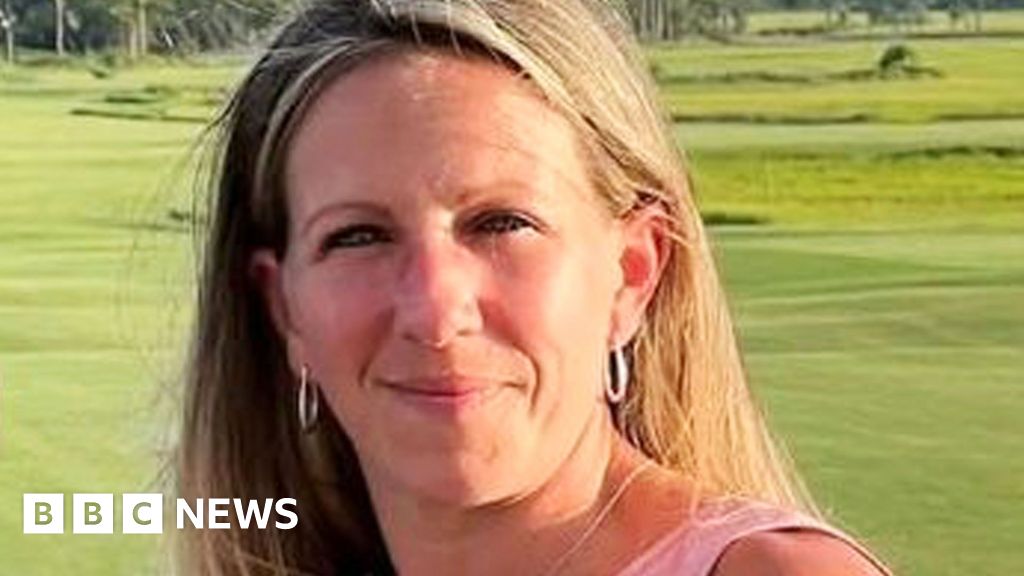Lampedusa aid workers condemn UK’s Rwanda plan after Cleverly visit | Italy
- Politics
- April 29, 2024
- No Comment
- 135
Aid workers on the Italian island of Lampedusa, which is one of Europe’s busiest landing points for asylum seekers, have condemned Rishi Sunak’s Rwanda plan as they prepare for another busy summer of bedraggled arrivals and deaths at sea.
They have called on European governments to open more safe routes to claim refuge if they wish to “stop the boats”.
The comments follow a flying visit to Lampedusa on Wednesday by James Cleverly, the home secretary, on the day that the prime minister’s Rwanda deportation bill received royal assent.
Last year the dusty, rocky island, with a population of about 6,000, saw an estimated 110,000 arrivals, while there were 3,105 deaths across the Mediterranean.
In the main harbour, a flotilla of rescue boats run by charities and the Italian coastguard are being readied for another summer of crossings of the treacherous 118-mile stretch from Tunisia. Toddlers’ lifejackets and body bags for drowned victims are being counted out and placed on the decks.
Austin Cooper, 33, a mediator and care coordinator for the rescue charity Sea Watch who has been preparing a vessel for the summer, questioned Cleverly’s motivation for the short visit.
“It’s a strange place to come for a photo opportunity on the day your flagship UK policy gets signed into law. Maybe Cleverly wanted to go unnoticed – it’s not his initiative, and he probably knows it’s bullshit anyway. Of course the Rwanda plan won’t affect what we do here. If anything it is galvanising,” he said.
Cooper, who is UK-born and of Irish origin, said there had been a drop in the number of arrivals from Tunisia this calendar year but an increase in the number of deaths.
“There’s so many factors involved in why and how people make difficult journeys at sea, and what’s stopping them,” he said. “In the last few months the wind and waves have made it challenging. It could be that there are simply not enough boats being made to take the crossing. Most of the boats we find are so unseaworthy that it’s something of a miracle people arrive safely in Lampedusa at all.
“It’s also possible that the EU’s policy of pumping money, boats and training into authoritarian governments across north Africa to break up migratory routes and stop people moving is really working.”
Another worker for an international NGO, who asked not to be named, said Cleverly had misunderstood the island’s relationship with migrants.
“The history of Lampedusa is about migration. We are migrants, we welcome migrants. We do not think it is right or fair to send them to Africa,” they said.
Cleverly flew into the island by helicopter for a two-and-a-half-hour tour of a police boat and the empty detention facilities used to hold new arrivals.
His message was simple: Italy, like the UK, is a sought-after destination by migrants, and both governments are coming up with innovative policies to stop the boats.
Symbols of migration are scattered across the island. Cleverly saw the smashed remains of migrant boats that had made it, piled in yards or left to rust in ports. Overlooking the island’s main marina, a mural entitled Rise Up Together shows two embracing women, a Lampedusa native and a newly arrived migrant wearing a lifejacket.
Lampedusa has its numbers swollen in the summer when those seeking to escape to Europe are joined by holidaymakers from the Italian mainland and Sicily. But with increased focus on the island as an entry point for migrants, the Italian government tightened security during the Covid crisis and tried to make migrants invisible, charity staff said.
Emma Conti, a humanitarian worker with the aid organisation Mediterranean Hope, which was set up by Protestant churches in Italy, said migrants used to mingle with local people.
“Islanders and migrants used to mix together. In Lampedusa now, one of the few places that they might meet is in the cemetery when burying their dead,” she said.
The treatment of immigrants across Europe was getting harsher, but the numbers arriving continued to rise because there were not enough safe and legal routes to enter Europe, Conti said.
“What we are seeing is the consequences of migratory policies. These are policies of the Italian governments, but also across Europe. If we wish to stop people arriving in boats, we have to offer them other routes. Without that, they will continue to come and we will continue to see tragedies.”
She added: “Governments condemn deaths at sea but are not doing enough to prevent them.”
#Lampedusa #aid #workers #condemn #UKs #Rwanda #plan #Cleverly #visit #Italy









